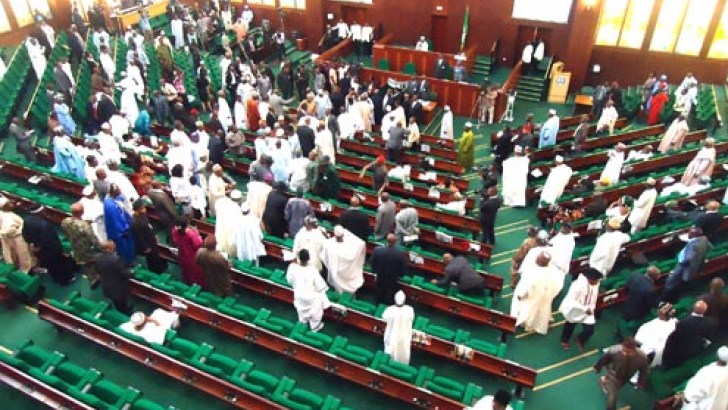NIGERIA: CISLAC thanks Supreme Court for retaining EFCC, others, wants punishment for corrupt judges

By SUMAYYAH ADEFAKA-ONIFADE
The DEFENDER reports that the Civil Society Legislative Advocacy Centre (CISLAC) has commended the Supreme Court of Nigeria for its landmark judgement on Friday November 15, 2024, which dismissed the suit filed by some state governments led by Kogi State to challenge the establishment and prosecutorial powers of Nigeria’s key anti-corruption agencies mainly the Economic and Financial Crimes Commission (EFCC).

The anti-corruption, accountability and transparent governance advocacy group made the commendation in a statement sent to The DEFENDER on Monday, signed by its Executive Director, Auwal Ibrahim Musa (Rafsanjani).
“This verdict is a significant victory for the rule of law and the fight against corruption in Nigeria,” said CISLAC in the Rafsanjani’s statement.
According to statement by CISLAC, a Civil Society Organization of international repute, “The Supreme Court’s decision to uphold the legitimacy and authority of the Economic and Financial Crimes Commission (EFCC), the Independent Corrupt Practices and Other Related Offences Commission (ICPC), and the Nigerian Financial Intelligence Unit (NFIU) is a testament to the judiciary’s commitment to ensuring that no individual or entity can hold the country to ransom through selfish legal actions.
“We applaud the seven-member panel led by Justice Uwani Abba-Aji for their unanimous decision to dismiss the suit filed by the 19 state governments. The court’s ruling that the suit lacked merit and its rebuke of the plaintiffs for their selfish intentions behind the legal action sends a strong message that corruption and impunity will not be tolerated.
“Justice Abba-Aji’s assertion that no state government can enact laws that compete with the Acts of the National Assembly establishing the EFCC, ICPC, and NFIU reaffirms the supremacy of federal laws in the fight against corruption. The court’s affirmation of the investigative and prosecutorial powers of these agencies over crimes committed at both the state and federal levels is a crucial step in ensuring accountability and justice.
“CISLAC recognizes the importance of this judgement in strengthening the anti-corruption framework in Nigeria. We urge all state governments to cooperate with federal anti-corruption agencies and support their efforts to investigate and prosecute corrupt practices. This ruling should serve as a deterrent to those who seek to undermine the fight against corruption through frivolous legal challenges.
“In light of recent comments by the Chief Justice of Nigeria (CJN) regarding corruption within the judiciary, we call on the National Judicial Council (NJC) and the Judiciary Staff Union of Nigeria (JUSUN) to continuously investigate, identify, and punish erring judges and judicial staff. Additionally, we urge the Nigerian Bar Association (NBA) and the Legal Practitioners Disciplinary Committee to take decisive action against lawyers involved in corrupting the judiciary or illegally working with corrupt judges to circumvent the law.
“Furthermore, CISLAC calls on the National Assembly to mainstream the anti-corruption agencies into our constitution. This will provide a stronger legal framework and ensure the sustainability of their efforts in combating corruption. It is imperative that these agencies are constitutionally recognized to enhance their independence and effectiveness.
“We also advocate for comprehensive judicial sector reform in Nigeria. The judiciary plays a pivotal role in the fight against corruption, and it is essential that it operates with the highest standards of integrity and accountability. Reforms should focus on improving the efficiency, transparency, and accountability of the judicial process to restore public confidence in the justice system.
“We call on all Nigerians to remain vigilant and support the efforts of the EFCC, ICPC, and NFIU in their mandate to combat corruption. Together, we can build a more transparent, accountable, and just society,” it said.








